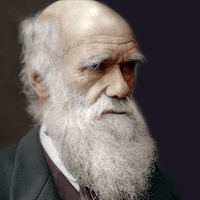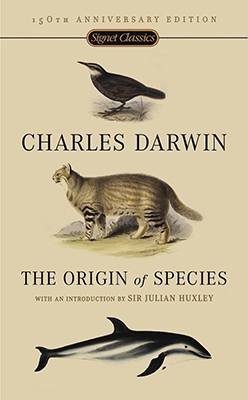
Charles Darwin
Charles Darwin, born on February 12, 1809, in Shrewsbury, England, is one of the most influential figures in the history of science. His groundbreaking work on evolutionary theory revolutionized our understanding of the natural world and continues to shape scientific inquiry to this day.
Darwin was born into a wealthy and prominent family, and he initially studied medicine at the University of Edinburgh. However, he found the sight of surgery difficult to bear and eventually left the university to pursue his passion for natural history. He transferred to Christ’s College, Cambridge, where he studied theology and became deeply interested in the natural sciences.
In 1831, Darwin embarked on a five-year voyage aboard the HMS Beagle as the ship’s naturalist. This journey took him to various regions around the world, including South America, the Galapagos Islands, Australia, and South Africa. During the voyage, Darwin collected specimens and made detailed observations of the plants, animals, and geological formations he encountered. These experiences provided him with valuable insights that would later inform his theory of evolution.
After returning from his voyage on the Beagle, Darwin spent many years analyzing his findings and developing his theory of evolution by natural selection. In 1859, he published his seminal work, “On the Origin of Species,” in which he presented his evidence for evolution and proposed that all species, including humans, are descended from common ancestors and have evolved over time through the process of natural selection.
Darwin’s theory of evolution was met with both excitement and controversy. It challenged deeply held religious beliefs about the origins of life and the nature of humanity, and it sparked intense debates within the scientific community and society at large.
Throughout his life, Darwin continued to research and write on a wide range of topics, including sexual selection, the expression of emotions in humans and animals, and the evolution of plants. He published several other important works, including “The Descent of Man” and “The Expression of the Emotions in Man and Animals.”
Charles Darwin died on April 19, 1882, but his legacy lives on. His work laid the foundation for modern evolutionary biology and has had a profound impact on fields ranging from genetics to ecology to anthropology. Darwin’s ideas have not only reshaped our understanding of the natural world but have also influenced how we think about ourselves and our place in the universe.


